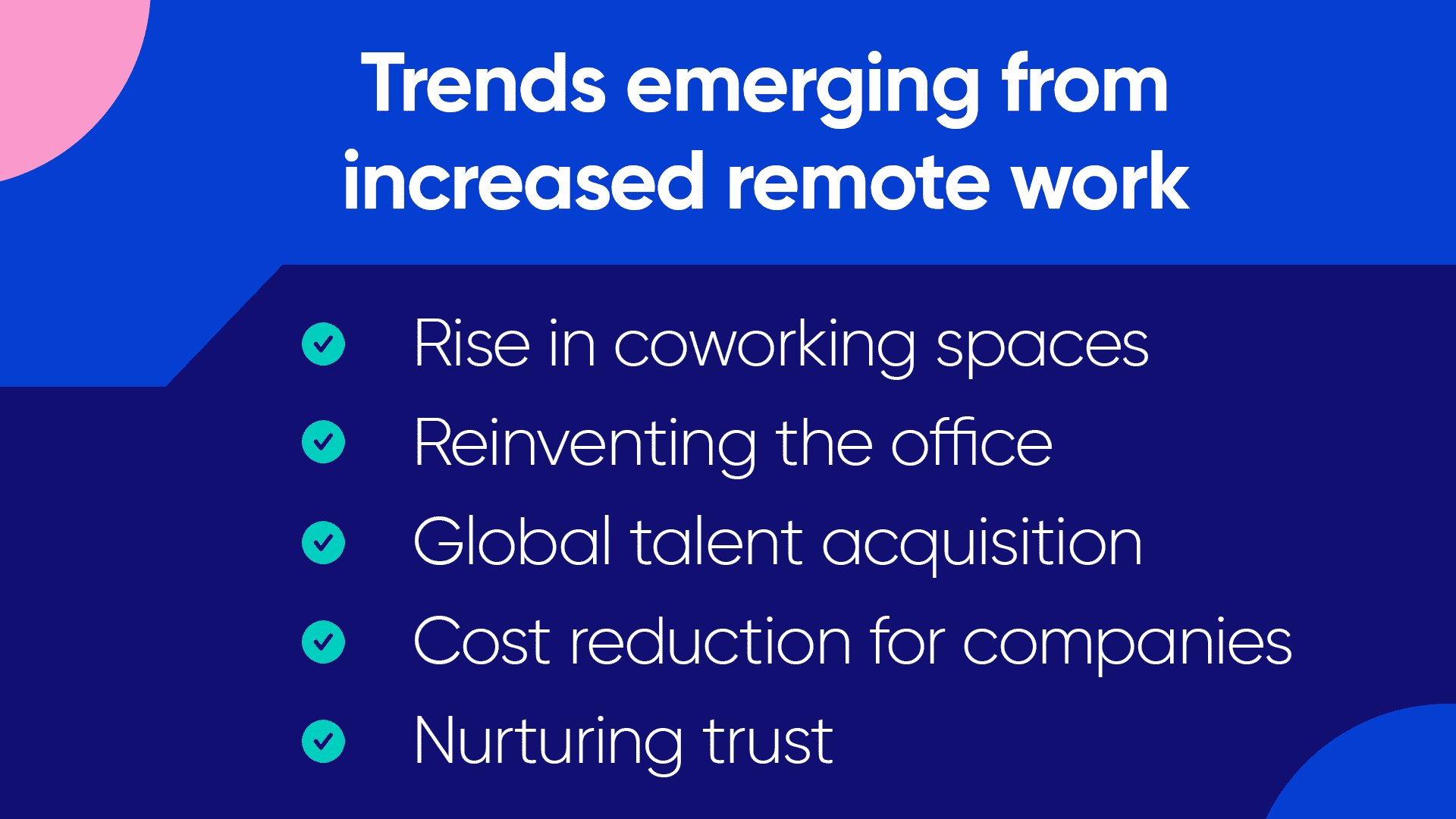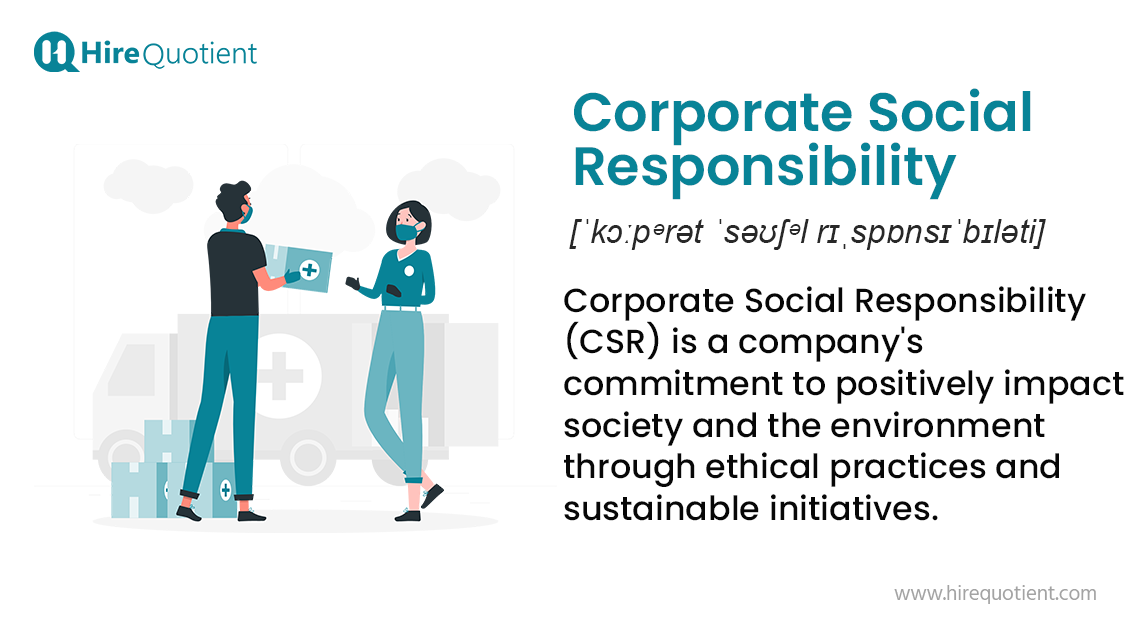
The growing skills gap in the workforce poses a significant challenge for businesses globally. Rapid technological advancements, automation, and the evolving nature of work have made it increasingly difficult for organizations to find employees with the necessary skills. To remain competitive and future-proof their operations, businesses are implementing various strategies to bridge this skills gap. Here’s how companies are addressing the skills gap in the workforce:
1. Upskilling and Reskilling Programs
One of the most direct ways businesses are tackling the skills gap is through upskilling (improving existing skills) and reskilling (training employees in entirely new skills) initiatives:
- Internal Training Programs: Companies are investing in comprehensive training programs to help current employees develop new competencies. These programs include workshops, online courses, and mentorship programs focused on critical are...

Corporate Social Responsibility (CSR) has evolved from being a voluntary activity to a strategic priority for many businesses. In today's global market, CSR is not just about philanthropy; it’s a critical element of a company’s business strategy that can drive long-term value. Companies that integrate CSR into their core operations are better positioned to build trust with stakeholders, enhance their brand reputation, and create a positive impact on society while also benefiting their bottom line. Here’s a closer look at the role of CSR in business strategy:
1. Building a Positive Brand Reputation
CSR plays a vital role in shaping a company’s image and reputation. Consumers, employees, investors, and other stakeholders increasingly expect businesses to act responsibly and contribute positively to society. Companies that demonstrate a genuine commitment to social and environmental causes tend to build stronger relationships with their stakeholders:

The rise of remote work has fundamentally transformed how companies operate. The COVID-19 pandemic accelerated this shift, but it has since become clear that remote work is not just a temporary solution but a long-term change. Companies across various industries are adapting to this new reality by reevaluating traditional work structures, leveraging technology, and embracing flexible work models. Here’s how businesses are adapting to the rise of remote work:
1. Investment in Digital Infrastructure
One of the most critical steps in enabling remote work is investing in the right digital tools and infrastructure. Companies are adopting cloud-based platforms, collaboration tools, and secure communication systems to ensure smooth operations:
- Communication and Collaboration Tools: Platforms like Slack, Microsoft Teams, and Zoom have become essential for daily communication. These tools facilitate real-time collaboration, team m...

![Remote Work Productivity: Strategies and Tips for Success [2024]](https://cdn-jdbmd.nitrocdn.com/yEMHtyTSADNOgebFqynalakIQNihDGqu/assets/images/optimized/rev-1cca927/www.officernd.com/wp-content/uploads/2023/06/word-image-24771-4.png)
Adapting to the Remote Work Revolution
The traditional office is undergoing a seismic shift.
The rise of remote work has forced companies to rethink their operations, culture, and technology. To thrive in this new era, businesses are adopting innovative strategies.
One of the most critical adaptations is the embrace of technology. Cloud-based platforms and collaboration tools have become indispensable for maintaining productivity and connectivity. Video conferencing, project management software, and instant messaging have replaced face-to-face interactions, fostering seamless communication and teamwork. Additionally, companies are investing in cybersecurity m...


Corporate Social Responsibility: A Strategic Imperative
Corporate Social Responsibility (CSR) has evolved from a peripheral concern to a core component of successful business strategy.
1 It is no longer merely about philanthropy or altruism; it's a strategic imperative that drives long-term value creation.
At its essence, CSR is about a company's commitment to operating in a way that benefits both its bottom line and society. This involves considering the environmental, social, and governance (ESG) impacts of business decisions. By integrating CSR into their strategies, organizations can enhance their reputation, build trust with stakeholders, and mitigate risks.
One of the most significant ways CSR influences business strategy is through risk man...
